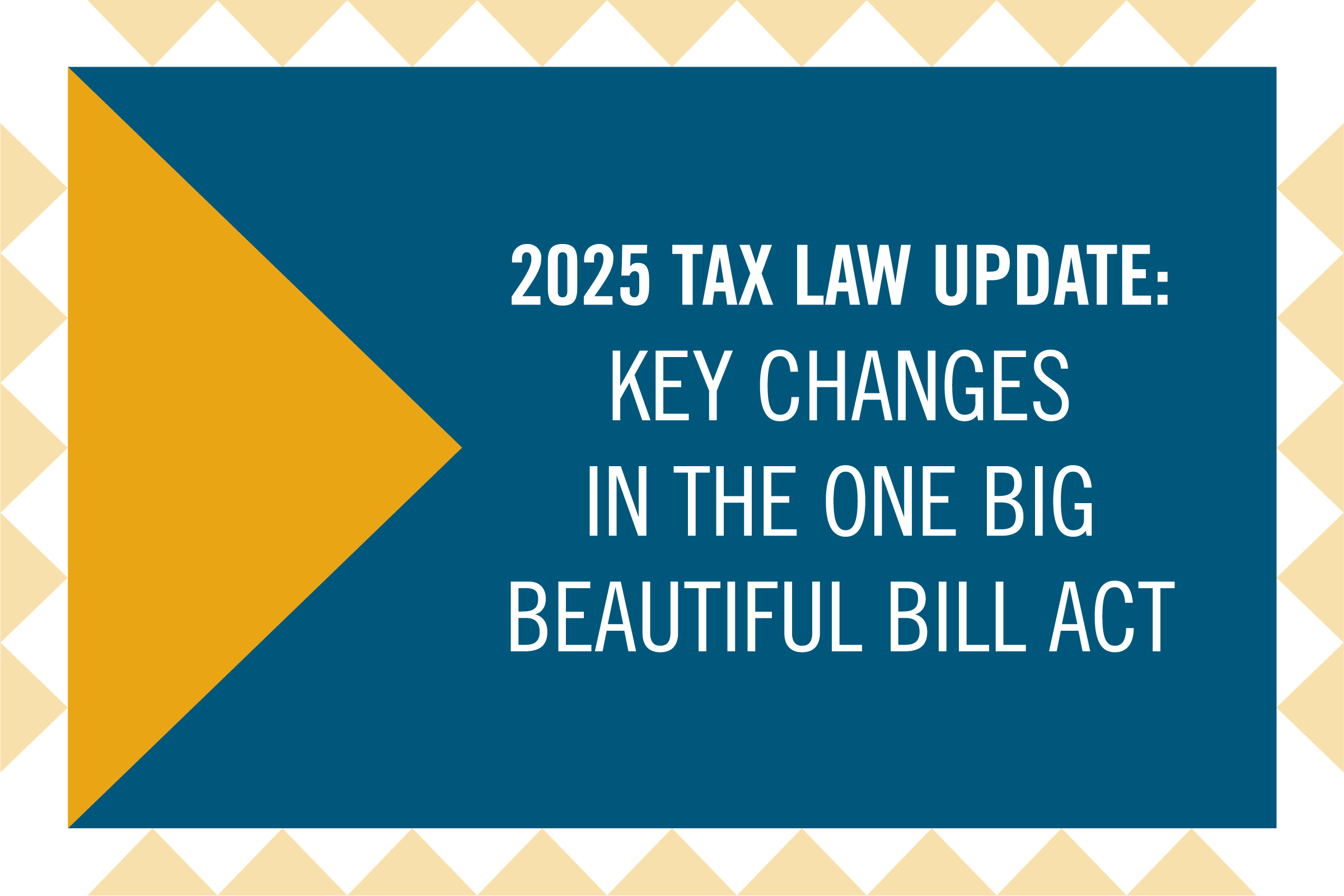Moving to a New State? Don’t Make These Tax Mistakes
- Contributors
- Mac Smith
- Seth Margolies
Jan 27, 2025
When preparing for a move, whether it’s to a neighboring state or across the country, taxes are likely not at the top of your to-do list. However, it’s important to consider the tax implications early—ideally before you even start packing, or at the very least, as soon as you get settled.
While residency audits* aren’t often talked about, the rise of remote work has led states to become increasingly aggressive in enforcing tax rules. To avoid drawing the attention of your state’s department of revenue, steer clear of these five common tax mistakes.
Mistake #1: Thinking It Won’t Affect Your Tax Return
Tax advice often focuses on only one type of tax: federal income tax. But state taxes can make up a significant portion of your personal tax liability. When moving from one state to another, think about how the tax laws in your new state (and your new city, county, or municipality) will change your overall tax position. For example:
- Moving from Georgia (which has a maximum state tax rate of 5.39%) to Kentucky (which has a flat state tax rate of 4%) may seem like a good deal at first. But Kentucky assesses an occupational tax of up to 2.25% on those who work or live in certain jurisdictions, so your move could end up raising your tax bill.
- If you report earnings from tax-exempt bonds, moving to a different state may affect whether those earnings are taxable at the state level. For example, if you hold a municipal bond from a Georgian municipality, that bond interest would be tax-exempt in Georgia but taxable in Kentucky.
- Not all states assess income tax. Alaska, Florida, Nevada, South Dakota, Tennessee, Texas, Washington, and Wyoming do not have a personal income tax. However, these states often have higher tax rates elsewhere to make up for lack of income tax revenues. Texas, for example, has particularly high property tax rates compared to most states that assess an income tax.
- Not all federal deductions are allowable at the state level. For example, in many states, bonus depreciation deductions must be added back to your income, then recalculated using the state’s accelerated depreciation rules. Other common state-level adjustments are for the qualified business income deduction, net operating loss deductions, the $10,000 cap on state and local tax deductions, and the dividends received deduction.
- Don’t forget sales taxes. If you have a business that makes retail sales, you’ll need to establish your business with your new state’s department of revenue and obtain a sales tax permit in your new state.
Mistake #2: Not Keeping Track of When You Moved
It may sound silly, but your new state may disagree with you on when you became a resident. When determining a tax domicile, states will consider some or all of the following factors:
- Time you’ve spent in the state
- Where you own a home
- Where you work
- The location of your personal effects
- Where your family lives
- The state where your vehicles are licensed
- The state where you’re registered to vote
- Where you receive mail
- Where your kids go to school
- Where you spend money
It’s important to know when you moved to the new state so that you can source your earnings to the right jurisdiction. If you work at a physical office, those earnings are typically sourced to the state where you go to work every day, but other earnings — like self-employment earnings and investment earnings — may be sourced to your tax domicile.
The year you move, you’ll likely be splitting your earnings between two different states, so it’s important to keep good records of when you moved. Do this by keeping moving truck receipts, car registration receipts, closing documents on a house, start dates at your new office, etc. The more records you have, the better off you’ll be if you’re unlucky enough to be chosen for a residency audit.
Mistake #3: Not Telling Your Employer
Let your employer know as soon as you know about your move. Your employer likely cannot dictate where you live, but it’s important they know for payroll tax purposes. If your employer doesn’t reallocate your earnings to the correct state, they will continue to withhold taxes in your previous state. If this happens, at the end of the year you could have excess withholdings in one state and insufficient withholdings in another. Updating payroll records is simple, so there’s no reason to wait to tell your employer.
Mistake #4: Forgetting to Pay Estimated Taxes
If you are a gig worker, are self-employed, own a small business, or report any income that doesn’t have taxes withheld, you must remember to pay estimated taxes on those earnings in your new state. Many states don’t assess penalties or interest on underpaid estimates the first year you file in that state, but some do. And even if you’re given a one-year reprieve from interest and penalties, you may want to pay those taxes throughout the year so you’re not stuck with a large tax bill come April 15.
Mistake #5: Not Changing Your Estate Plan
Here are a few things to think about regarding your estate plan when you move to a new state:
- Some states have an inheritance tax rather than an estate tax.
Inheritance taxes are assessed upon the beneficiary — the person who receives the money — while estate taxes are assessed upon the estate of the person who passes on. Know which type of tax your state has. If your state has an inheritance tax, think about your loved ones: Do they have the cash to pay their inheritance tax bill?
- You may need to update your documents.
Not all documents will be valid in your new state. You may need to update your will, living trusts, or powers of attorney in your new state, and to do this, you may need to get a new lawyer who’s licensed to execute those documents in your new state.
- States treat shared property differently.
Not all states treat marital property the same. For instance, Arizona, California, Idaho, Nevada, New Mexico, Texas,Washington, Louisiana, and Wisconsin are community property states, which means they treat almost all property acquired during the marriage as being equally owned by both spouses. If your state treats marital property differently than your previous state did, talk to a lawyer. They may be able to draft documents that can help you and your spouse divide assets fairly if you separate.
More Than Just Taxes
Taxes aren’t the only things you’ll need to consider; if you move to a new state, you may also need to think about:
- Business licenses
If you’re a sole proprietor or a business owner, you may need to establish business licenses if you plan to do business from your new residence.
- Insurance policies
You’ll need to either find a new insurance provider or ask your provider to change your insurance policies over to your new state. This could include car insurance, homeowner’s insurance, business insurance, health insurance, malpractice insurance, and others.
If you think you may move to a new state this year, reach out to your CRI advisors before you load the moving truck so we can help prepare you for the tax changes ahead. Proper planning can make all the difference and help your move be as seamless financially as it is logistically.

















































































































































































































































































































































































































































































































